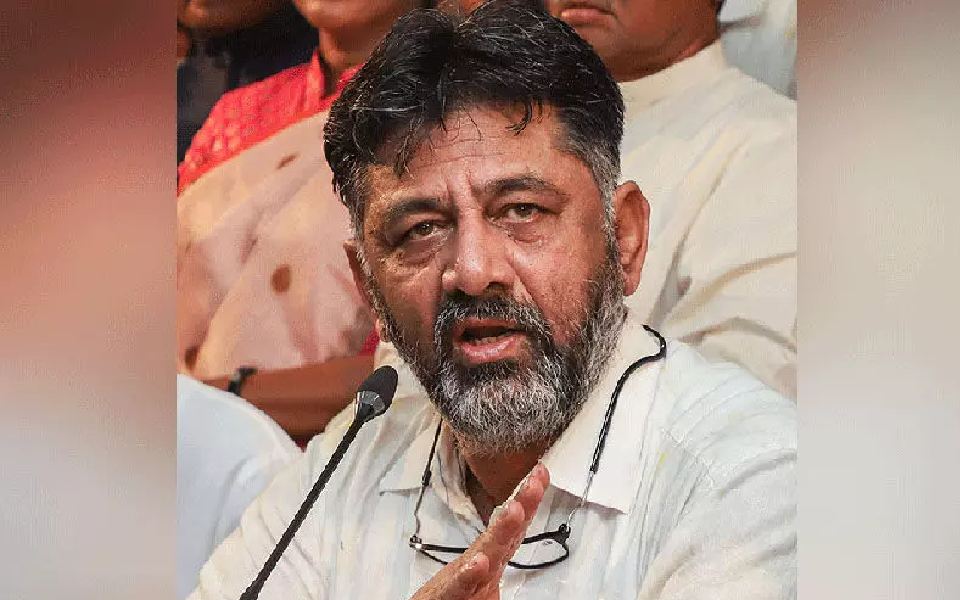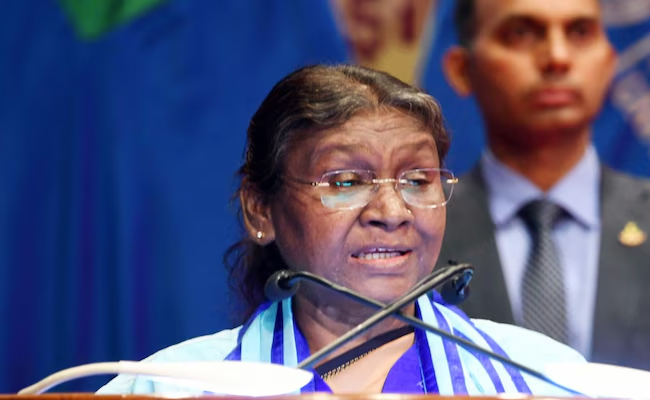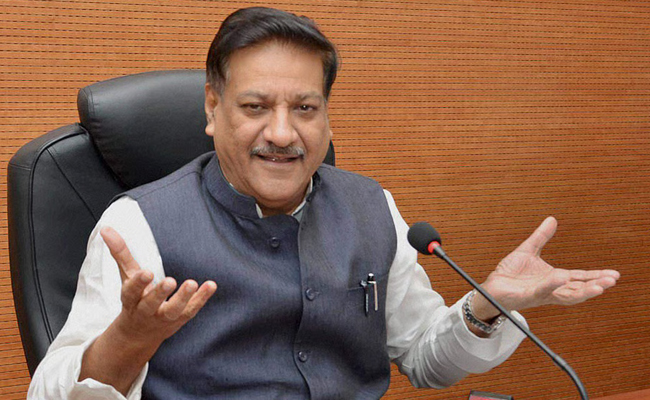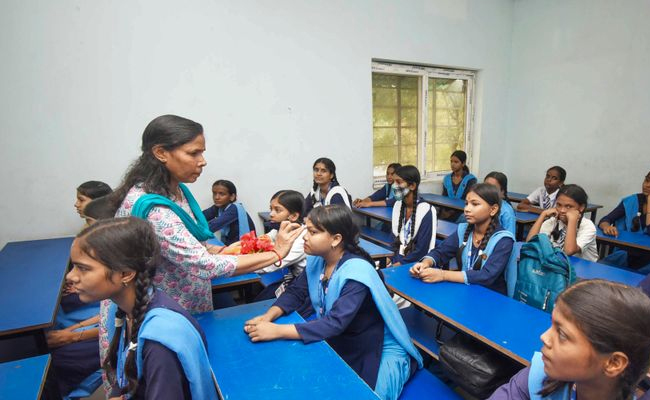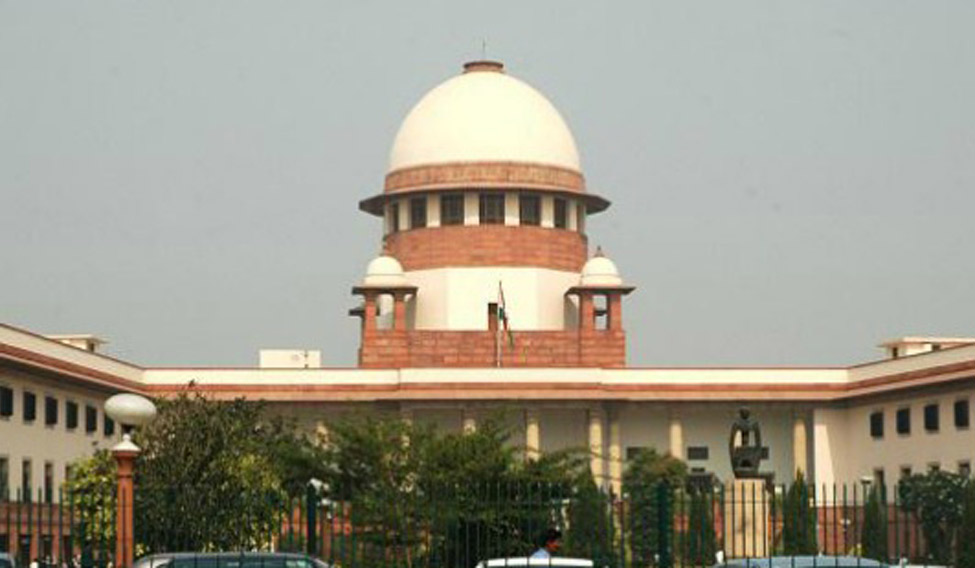New Delhi, Jun 30: Karnataka wants to resolve the Pennaiyar river water sharing dispute with Tamil Nadu through dialogue, Deputy Chief Minister D K Shivakumar said on Friday and urged the Centre not to form a tribunal for it.
His remarks come amid the Union Jal Shakti Ministry's decision to set up the inter-state river water dispute tribunal before July 5.
"I have requested the central government minister (Gajendra Singh Shekhawat) not to form the tribunal to resolve the water sharing dispute of Pennaiyar river. Karnataka wants to resolve this issue amicably through talks," Shivakumar, who holds the water resources portfolio, told reporters here.
He met Shekhawat on Thursday to discuss issues related to irrigation in Karnataka.
The deputy chief minister said though the Tamil Nadu government has been demanding the constitution of a tribunal before the Supreme Court, Karnataka has been opposing it.
Recently, the Supreme Court had asked the Jal Shakti Ministry to clarify its position on a complaint filed by Tamil Nadu for setting up the tribunal. The ministry has said a new tribunal will be set up before July 5.
Karnataka is building a dam across the Markandeya river near Yargol village in Kolar district to provide drinking water to the Kolar, Malur and Bangarpet taluks, and 40 other villages. It has obtained all the required permissions to build the dam at a cost of Rs 240 crore.
Tamil Nadu, however, has objected to the project and claimed that since the Markandeya river is a tributary of the Pennaiyar river, dam construction by Karnataka would obstruct its natural flow to the downstream.
It has also alleged that Karnataka has taken up construction of a reservoir across the Markandeya river diverting surplus waters of the Varthur tank.
Besides the Pennaiyar river water issue, Shivakumar said he has also requested the Union minister to give early approval for the Mekedatu, Mahadayi project, and notify the long pending Krishna Water Dispute Tribunal final award.
He also requested the Centre to release funds to the Upper Bhadra project under Accelerated Irrigation Benefits Programme (AIBP).
Let the Truth be known. If you read VB and like VB, please be a VB Supporter and Help us deliver the Truth to one and all.
New Delhi (PTI): President Droupadi Murmu has rejected the mercy petition of a man convicted of kidnapping, raping and killing a two-year-old girl in Maharashtra in 2012, officials said on Sunday.
This is the third mercy plea rejected by the President after assuming office on July 25, 2022.
The Supreme Court on October 3, 2019, affirmed the death sentence awarded to Ravi Ashok Ghumare, saying he had no control over his "carnal desires" and surpassed all natural, social and legal limits just to satiate his sexual hunger.
In its verdict, a three-judge bench comprising Justice Surya Kant (now chief justice of India), by a majority verdict of 2:1, said the man had "ruthlessly finished" a life which was yet to bloom and his act of committing unnatural offence with the two-year-old exhibits "a dirty and perverted mind, showcasing a horrifying tale of brutality".
Ghumare's mercy plea was rejected by the President on November 6, 2025, according to the status of the mercy petition disclosed by the Rashtrapati Bhavan.
ALSO READ: India could get new PM soon, claims Prithviraj Chavan; says comments linked to Epstein files release
"Having said that, it may be seen that the victim was barely a two-year-old baby whom the appellant (Ravi) kidnapped and apparently kept on assaulting for over four to five hours till she breathed her last.
"The appellant, who had no control over his carnal desires, surpassed all natural, social and legal limits just to satiate his sexual hunger. He ruthlessly finished a life which was yet to bloom," Justice Surya Kant had said, while writing the verdict for himself and (now retired) Justice Rohinton Fali Nariman.
The appellant, instead of showing fatherly love, affection and protection to the child against the evils of society, made her the victim of lust, the majority verdict said.
"It’s a case where trust has been betrayed, and social values are impaired. The unnatural sex with a two-year-old toddler exhibits a dirty and perverted mind, showcasing a horrifying tale of brutality," the verdict said.
According to the prosecution, the incident took place on March 6, 2012, in Indiranagar locality of Maharashtra's Jalna city. Ghumare had lured the victim with a chocolate.
The trial court had convicted him and awarded the death penalty on September 16, 2015. His death sentence was upheld by the Bombay High Court in January 2016.

